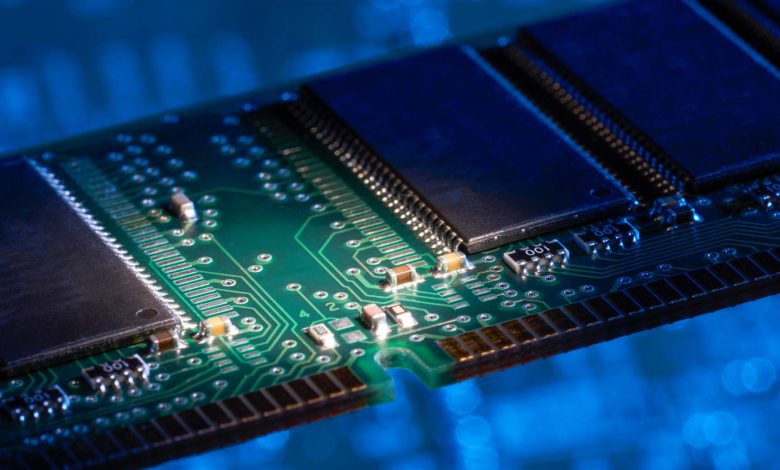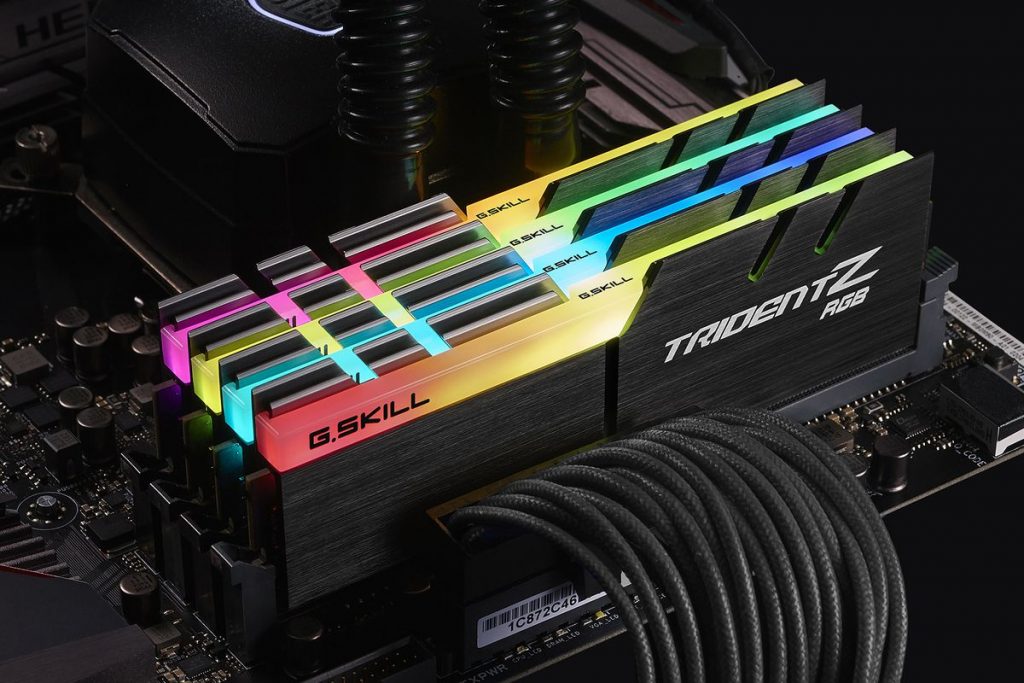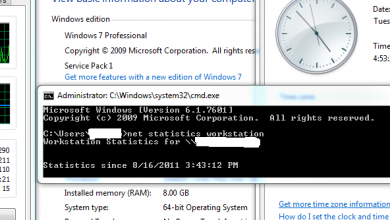What Does RAM Do For Gaming? All The Interesting Information You Need To Know

Choosing the right RAM can be a bit of an issue, especially if you are new to PCs. I had played around with different builds for some time now and had my fair share of problems when it came to choosing gaming memory. A couple of years back, I would have suggested getting 2x 4 GB sticks of Corsair Vengeance RAM because that’s what I used in my first build, which wasn’t very strong on performance but nowadays, you just have to keep the following points in mind for choosing the RAM that is best for your gaming experience.
Before choosing the best RAM for gaming, you must first know some basic things about RAM, Mentioned below:
RAM Type and Speed
Nowadays, the motherboard manual usually has all specifications required for choosing RAM modules. You can select RAM types based on your motherboard’s chipset.
The speed of RAM is usually marked as PC3-XXXX where the first two digits represent the generation of memory technology and the third represents its transfer rate in MHz, which means that DDR4 has a higher transfer rate than that of DDR3 JEDEC standard helps us to select different frequencies for different applications, so if you are building a workstation or an enterprise server with plenty of high-end graphics cards, it makes sense to go for high-frequency RAM sticks.
For gaming purposes, one should look at either 16 GBs or 8 GBs, depending on how many games are played. The rest depends on the resolution; 4K titles will require more storage than 1080p games.
Manufacturing Technology
DDR, DDR2, DDR3, and DDR4 are the four generations of memory technologies available right now. The main difference between these is that each successive generation has higher transfer rates than its predecessor. That means that for an equivalent frequency, DDR4 will be faster than DDR3, which is faster than DDR2. So if you are looking to get overclocking capabilities with your next PC build, it makes sense to get 8 GBs of RAM since it supports both types of RAM slots (DDR and DDR4). Also, note that some motherboards do not support all RAM modules; make sure to check compatibility while choosing RAM sticks.
Read More: What is spraying technology, and what are the types of spraying technology?
Motherboard Support:
DDR4 is only supported by Intel’s 6th generation CPUs or Skylake. With AMD, you get DDR3 memory support with A85X/A75/A68H chipset for FM2+ and AM3+ chipset motherboards, whereas the newer B350 chipsets support both DDR3 and DDR4 memory types.

RAM cas latency and height:
Memory modules do not work in isolation. Instead, they are controlled by a clock expansion circuit called a RAM controller, which controls their timing. This control is provided by the motherboard’s BIOS when it boots up, so be sure to check its compatibility before making any decisions. Different DRAM manufacturers use various techniques to reduce the response time; some are known as CAS latency and RAM module height. The lowest value is nine used for the first generation of memory modules, while 20, 23 and 26 are commonly found in the DDR3/DDR4 system.
Speed Variations:
Manufacturers produce different speeds of memory modules ranging from 400 MHz to 3200 MHz+, but their advertised speed always corresponds only to the maximum transfer rate. Since higher clock speeds provide a better performance, one should buy at least 2400 MHz (and no less than 1600 MHz) for gaming purposes. It’s also important to note that you will have to set the timing manually; these can be set using BIOS or UEFI settings on compatible motherboards. After understanding the terms used for RAM, now it’s time to know what RAM does for gaming.
What does RAM do for gaming?
When it comes to having a smooth and enjoyable gaming experience, the type of computer you have is vital. The amount of memory (RAM) in your computer is one of the most critical factors. Yet still, many people are not sure what role RAM plays when it comes to gaming. The following answers the question “What does RAM do for gaming?”
Your computer won’t be able to store all the game data it needs to function correctly if your RAM is low, which may cause choppy frame rates and subpar performance. A severe RAM shortage can make the game unplayable.
Does RAM affect computer speed?
Yes, RAM affects a computer’s speed to a considerable degree. The type of processor and the amount of hard drive space you have are important factors, but RAM is the most important. If you have too little memory on your computer, your computer will not be able to handle many of today’s games. If you have plenty of memory, your computer will be able to take almost any game, even if they are incredibly graphic intensive.
How much RAM does your gaming computer need?
The amount of RAM you need to play games depends mainly on the most often type of games you play. If you typically play RPG or strategy games, then 2GB should do. However, for FPS (First Person Shooter) and even MMO (Massively Multiplayer Online) games, 4 GB may be needed to get quality graphics while at the same time having responsiveness when it comes to moving around within the game environment.
FAQS
- What is RAM made up of?
How much RAM your computer has depends on how many sticks of RAM your computer’s motherboard can hold. The RAM is made up of tiny memory chips which can be installed one at a time in specific memory slots on the motherboard. As you add more sticks, your computer will have more memory, which means it will run more games without slowing down or crashing due to a lack of available system resources.
- Does an SSD improve gaming?
Yes, an SSD (solid-state drive) will improve your gaming experience by quite a bit. Even if you already have enough RAM for today’s games, adding an SSD to your build will make things even better. This is because RAM is very fast when reading or writing data while transferring files between hard drives, and RAM seems slow in comparison. Installing an SSD will reduce the time it takes when trying to load new game areas or when saving data in that game.
- Does overclocking affect RAM?
Yes, overclocking can cause problems with the amount of RAM in your computer system. The more you overclock, the more unstable your system may become, leading to less RAM being available, making it hard for you to play some games. If you have a ton of memory on your system and want to try overclocking, do so at your own risk!
- Why should I care about having enough RAM?
If you love PC gaming, then caring about how much memory is on your system means caring about having a better gaming experience. If your system is running low on memory, you might start experiencing some problems when it comes to playing games. You might find your games running slowly, or you might find your computer crashing when trying to load new areas of a game. Either way, not having enough RAM in your system is unsuitable for gaming and can lead to a bad experience.
Apart from this if you are interested to know more about Why Does Chrome Use So Much RAM? then visit our Ram category.


